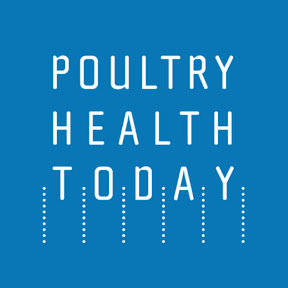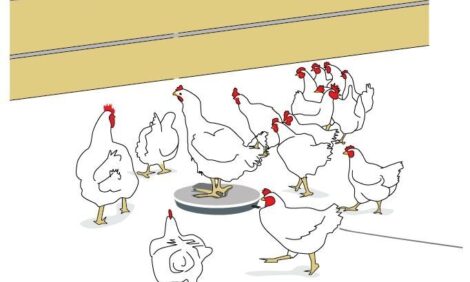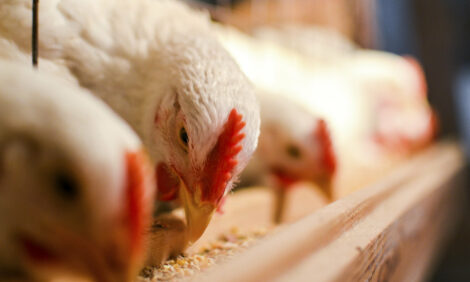



Vaccines, biosecurity, management keys to keeping IBH in check
Learn how Pilgrim's is handling inclusion body hepatitis (IBH)Inclusion body hepatitis (IBH) can be a challenging disease, as the clinical signs are non-specific and there is no direct treatment. Consequently, producers rely on interventions such as vaccinations, not just for IBH but also for other immunosuppressive diseases.
Specific to IBH, autogenous vaccines are the go-to option for most farms, but diligence is necessary to ensure the vaccine is prepared and administered correctly. It takes time to “get it all ramped up,” said Suzanne Dougherty, DVM, with Pilgrim’s. For more than 16 months, Pilgrim’s has used an autogenous vaccine in all of its complexes, starting with the most severely affected units.

“We combined [IBH] with our infectious bursal disease (IBD) and reovirus vaccine antigens so it took a little extra time just to get that coordinated,” she added. Pilgrim’s started by vaccinating birds at move-in; any that were already past the 12-week handling period were then vaccinated at 18 weeks.
Discussions about vaccination protocols and interventions were part of a roundtable organized by Zoetis — “IBH: Managing an emerging immunosuppressive disease of broilers” — involving poultry-company veterinarians and academicians.
Read the full article on Poultry Health Today.












